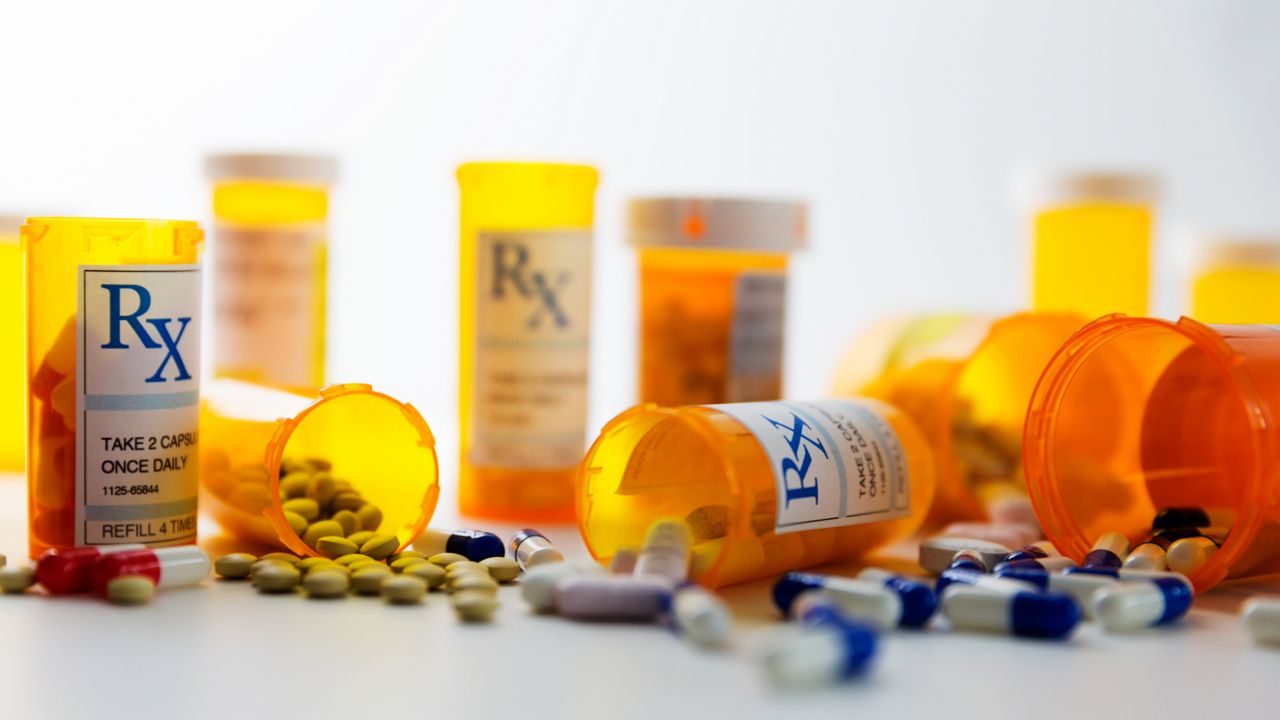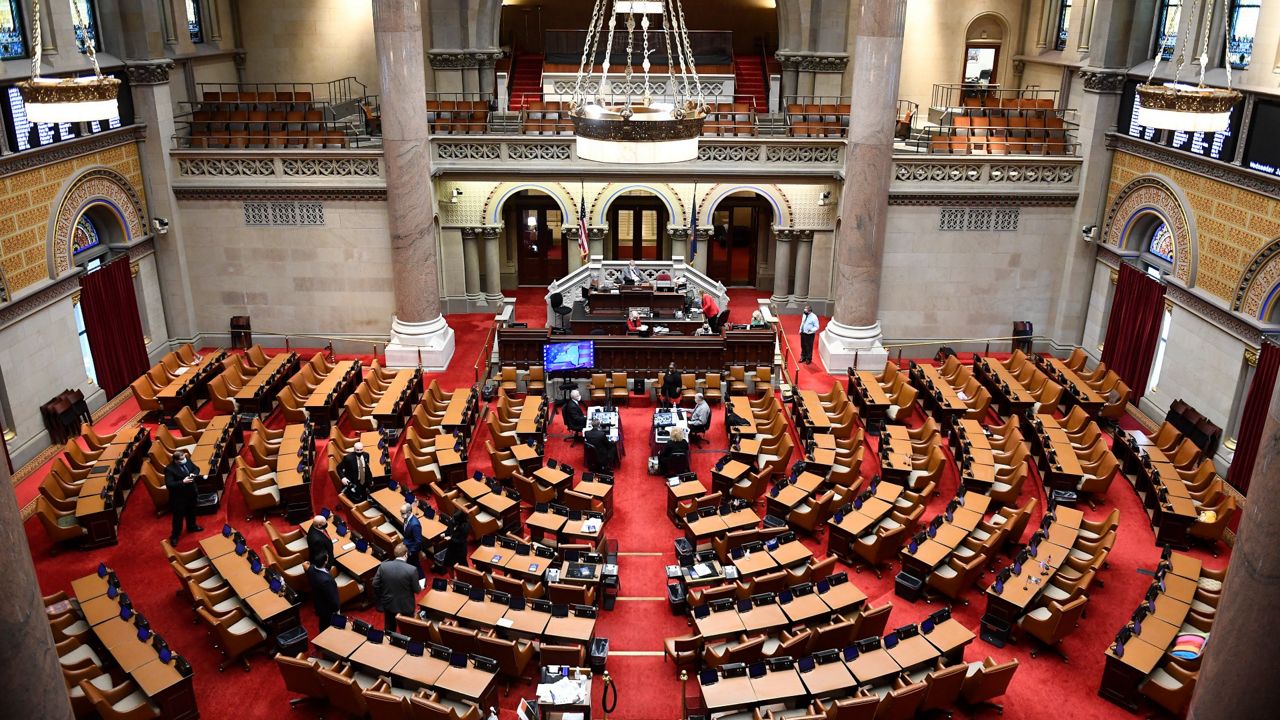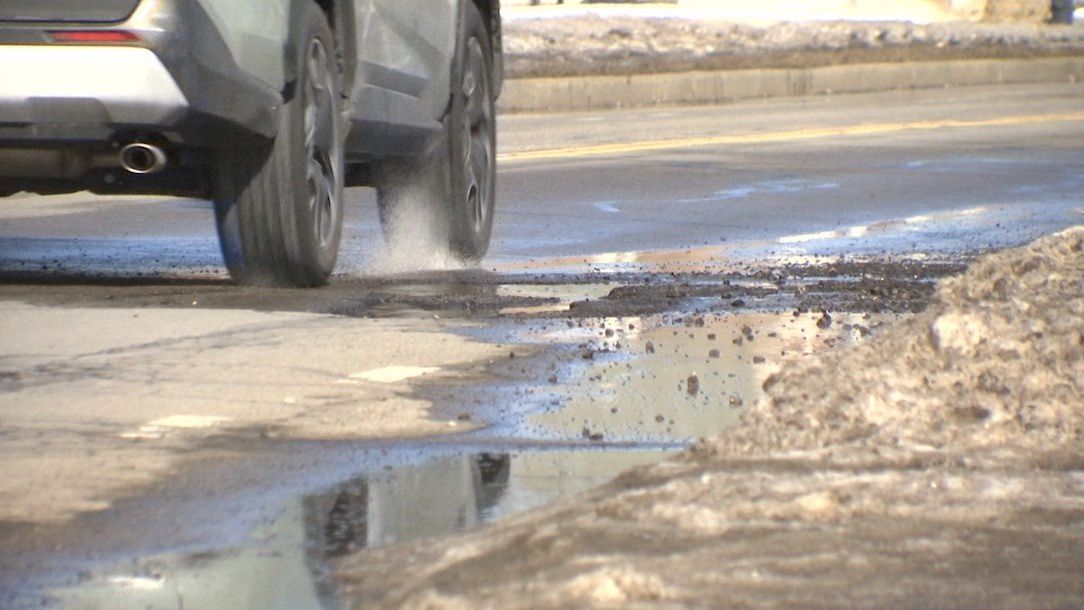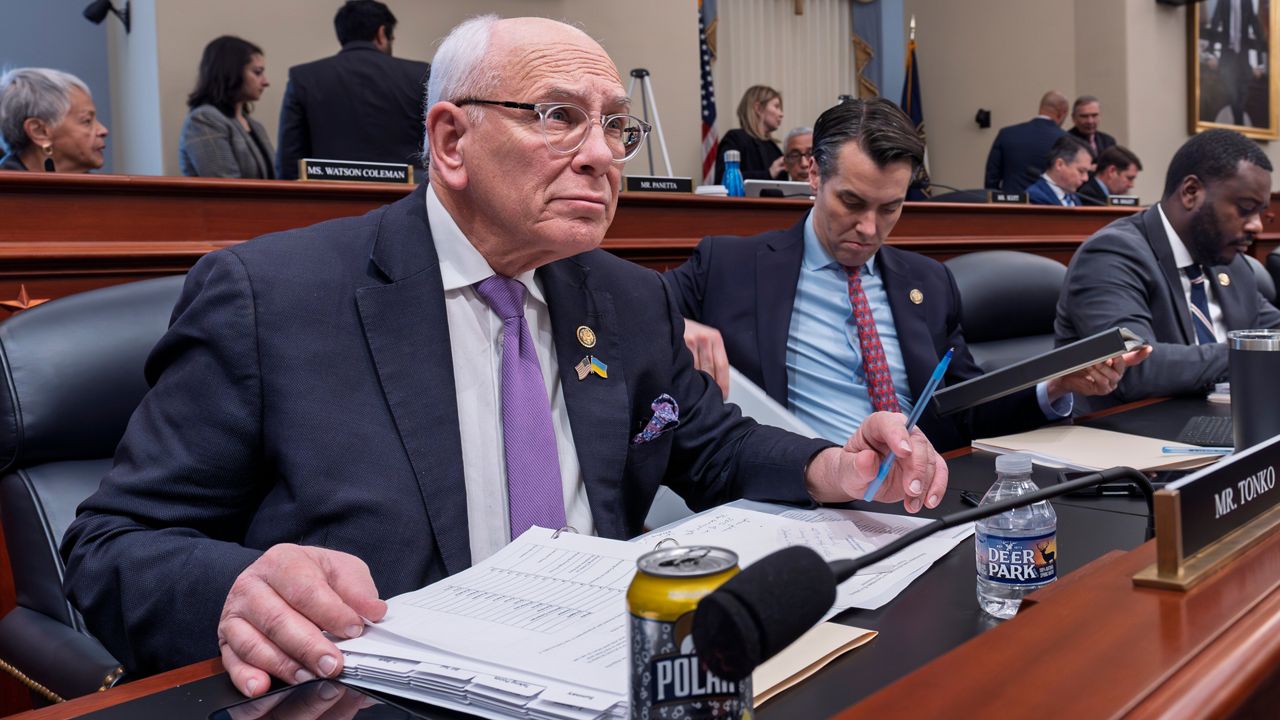State business leaders have met last-minute changes made to a bill to limit plastic pollution and increase recycling statewide with fierce pushback in efforts to prevent the measure's passage in the last few days of session.
The legislation, nicknamed the Packaging and Recycling Infrastructure Act, would establish an Extended Producer Responsibility system in New York and make producers of packaging responsible for the costs of consumer waste and reduce used toxins. It would limit single-use plastic products for companies that sell packaged goods and charge them a fee to go into a fund to improve recycling infrastructure, increase the amount of waste that's recycled and support other local recyling programs.
"Municipalities are drowning in waste," sponsor state Sen. Pete Harckham said Monday. "It's costing our taxpayers in our municipalities hundreds of millions of dollars that can be better spent on teachers or firefighters or social workers."
Harckham, who chairs the Senate Environmental Conservation Committee, says the measure is estimated to save taxpayers $250 million per year and relieve local governments struggling with recycling costs.
The proposed law would apply to companies with a net annual income over $1 million. Companies would be required to register with Packaging Reduction Organization to devise a plan and ensure compliance with the new packaging and recycling rules with six months to implement it.
The bill was amended and reprinted for the eighth time Friday to streamline the reduction process for affected companies and give the state Department of Environmental Conservation enhanced oversight.
"We believe in shared responsibility," said Assembly sponsor Deborah Glick, who chairs the Environmental Conservation Committee in the lower house. "This should not be just the responsibility of the municipalities and the taxpayer. This should be something where our friends in industry take some responsibility for the waste that they generate in our homes."
Impacted companies would be mandated to reduce their packaging by 10% of weight within three years, 20% in five years, 30% within eight years, 40% after a decade and by 50% in 12 years.
If passed into law, the measure would ban 12 types of chemicals and three kinds of plastic used in packaging.
It would limit single-use plastic products for companies selling packaged goods, charge them a fee and use that money to increase and improve recycling.
But state business leaders are strongly opposed to the measure, arguing it would increase costs for consumers and could lead to more packaging in the long run, or materials that won't protect a product as effectively.
"If you want that convenience of [next-day shipping], and you want it in the exact-sized box and you want it tomorrow, I might not have time to wait for the exact sized box to put it on your doorstep," said Walter Reiter, director of advocacy and regulatory affairs with EPS Alliance — an association that represents manufacturers and recyclers of the compound polystyrene.
Reiter said EPS Alliance supported the Extended Producer Responsibility systems created in Oregon and Canada, which reduce, but do not prohibit certain compounds. He cited the DEC's reference guide about potential alternatives for packaging such as starch, bamboo or mushroom, might be compostable, but not recyclable or intended for re-use.
"If it's Extended Producer Responsibility, it should focus on what the packaging is," Reiter added. "I'd like to see EPR focus be on keeping material in commerce and out of the landfills and not dipping into bans and attacks on chemistries and materials that aren't understood. There's no assessment as to whether the others have a greater or lesser environmental impact. Some materials use more water. Some materials produce more acidification — there's multiple categories as to where these impacts are."
Dozens of organizations have sent legislative leaders and bill sponsors letters over the last week railing against the proposal before session concludes.
Meanwhile, other business owners have transitioned to reusable packaging on their own, showing it's already feasible. Lauren Sweeney, co-founder and CEO of DeliverZero, relies on re-usable containters with her food take-out and delivery business, which has dozens of locations in New York City.
"We know that reuse is possible — we know that reuse can be profitable," she said in the Capitol on Monday. "We know that reduction is only possible through reuse. There is both technology and infrastructure to support reuse through businesses that exist in New York state."
The decision rests with legislative leaders to bring the bill to the floor for a vote in the Senate and Assembly before session concludes at week's end. Representatives with Senate Majority Leader Andrea Stewart-Cousins and Assembly Speaker Carl Heastie's offices did not return requests for comment about the legislation.
Sources Monday were doubtful it would clear the Legislature within the next few days, citing insufficient time to review changes made to the bill and their impact on New York businesses.









